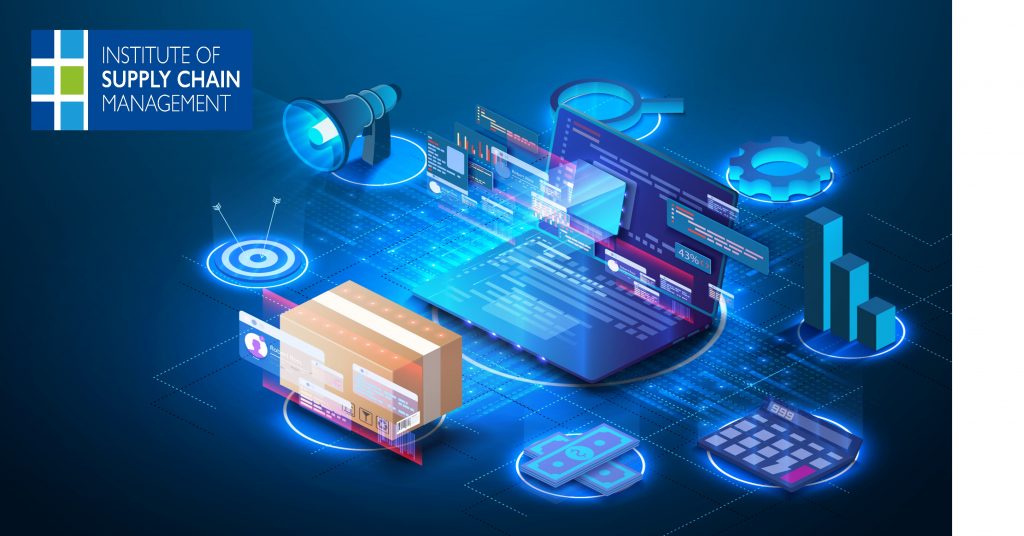
Over the past year, almost all of us have learnt that our businesses have limitations. Those that have fared the best over this challenging time are those who have been flexible and adopted a proactive approach to overcome difficulties.
This kind of approach is especially important when it comes to supply chain management, where so many different parties are involved. Here are some steps supply chains can take to be more proactive and resistant to future disruption.
Be proactive rather than reactive
Businesses who have reacted to the challenges of the pandemic rather than digging their heels in have fared better, but the coronavirus has proven that ‘expecting the unexpected’ really does have merit. Taking a proactive approach to supply chain management means assessing the supply chain as a whole and identifying the risks that could affect the manufacture of a product or the ability to deliver it to the end user.
Be flexible
Flexibility is a key aspect of proactive supply chain management. This is because change is inevitable and even the most thorough planning can’t account for unforeseen events such as the pandemic, where we can’t possibly know what the extent of the limitations will be. Being flexible means having trusted backups and contingency plans for all processes involved in manufacturing products and getting them to the end user.
For example, restrictions might not affect an OEM directly but could affect one of their suppliers, and still result in a production halt, unless suitable alternatives have been arranged well in advance.
Be prepared for change
Technological industries, such as electronics, are always at the forefront of innovation, meaning change is inevitable. Components can quickly become obsolete and a new product launch can completely deplete interest in existing projects, so supply chains need to be prepared for change and not get too complacent, even when sales are good.
In a situation where pioneers are being forced to adapt, a revolutionary advancement could come at any time, so holding off and waiting for business to go back to normal may not be a helpful strategy.
Invest in new technology
It isn’t just the products you sell that are being innovated, it is also the systems you use to run your business. New tech such as AI and IoT systems can automate many administrative tasks. Especially those that are time-consuming and take employees away from more important tasks. The use of these systems means that certain processes can also be automated and conducted outside of regular working hours, making the business even more efficient.
Start using strategic sourcing
Strategic sourcing is one of the most proactive things you can do in a market that is constantly in flux and subject to disruption. This approach means you are constantly evaluating your supply options in response to the current market and are less likely to be thrown into disarray when there is a sudden change. Strategic sourcing is based on continual adaptation, rather than a sudden and drastic overhaul in response to a problem.
Diversify
As the pandemic has demonstrated, even a global event does not affect all countries identically. By diversifying and having trusted partners and suppliers across the globe, you may still have options to work around barriers caused by government policies or trade restrictions. By expanding your supplier base beyond the local, you may also get a better price for certain products or components.
Proactive supply chain management is a cyclical process. Within the technological industries, finding a ‘winning formula’ for supply chain management is difficult because the landscape is always changing. A constant evaluation of the inefficiencies and potential risks within the supply chain is the only way to keep up.
Author Bio: Jeff Brind is the Chief Information Officer at Delta Impact, who offer flexible and proactive supply chain solutions.
